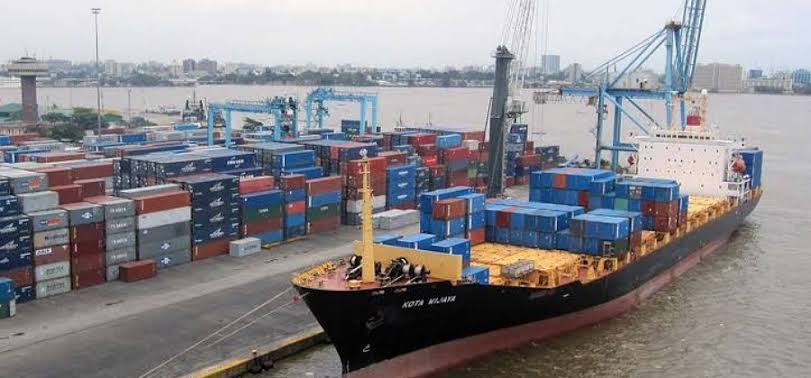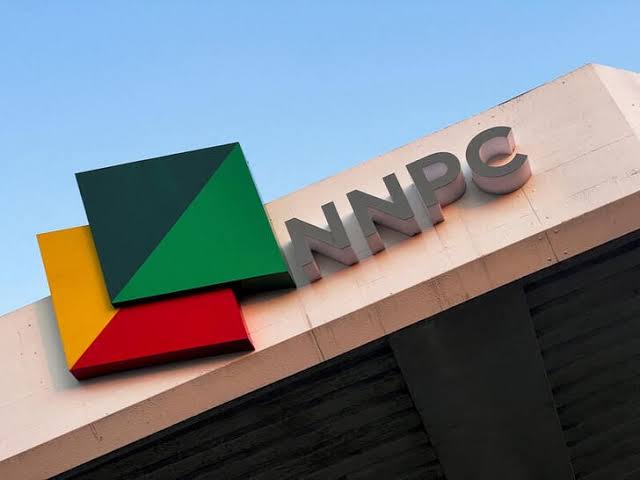Nigeria Customs Service, has said that it will prioritise cargo scanning over traditional physical examination methods at the various seaports in the country.
Gatekeepers News reports that this was one of the key resolutions of the strategic meeting towards enhancing ports efficiency for effective trade facilitation held at the Ministry of Marine and Blue Economy on Monday.
Ismail Omipidan, the Media Aide to the Minister, Marine, and Blue Economy and Abdullahi Maiwada, the National Public Relations Officer NCS in a statement they jointly signed.
Present at the meeting were the Minister of Marine and Blue Economy, Gboyega Oyetola; Minister of Transportation, Senator Said Ahmed Alkali; and the Comptroller General of Customs, Bashir Adewale Adeniyi in attendance while the Managing Director of the Nigerian Railway Corporation (NRC), Fidet Okhiria attended virtually.
The statement read, “Acknowledging the pivotal role of Non-Intrusive Inspection Technology (NIIT) in actively decongesting ports, the meeting entrusted the Comptroller General of Customs with the mandate to champion and prioritize cargo scanning over traditional physical examination methods.”
It further disclosed that an immediate action was endorsed to rectify and optimise all existing scanners at the Apapa, Tincan Island, PTML, and Onne ports while mobile scanners would be strategically deployed to facilitate expeditious cargo inspections.
Another key resolution of the strategic meeting held at the Ministry of Marine and Blue Economy was exploring public-private partnerships to oversee the installation and maintenance of scanning technology.
The statement added, “This collaborative model aims to sustain efficiency and foster innovation in cargo inspection processes.”
Furthermore, the statement noted that the collaborative synergy witnessed at the strategic meeting underscored the unwavering commitment of the Federal Government to cultivate a conducive and efficient trade environment.
“The anticipated implementation of these resolutions is poised to positively impact port decongestion, trade facilitation, and overall operational efficiency and competitiveness,” the statement noted.







